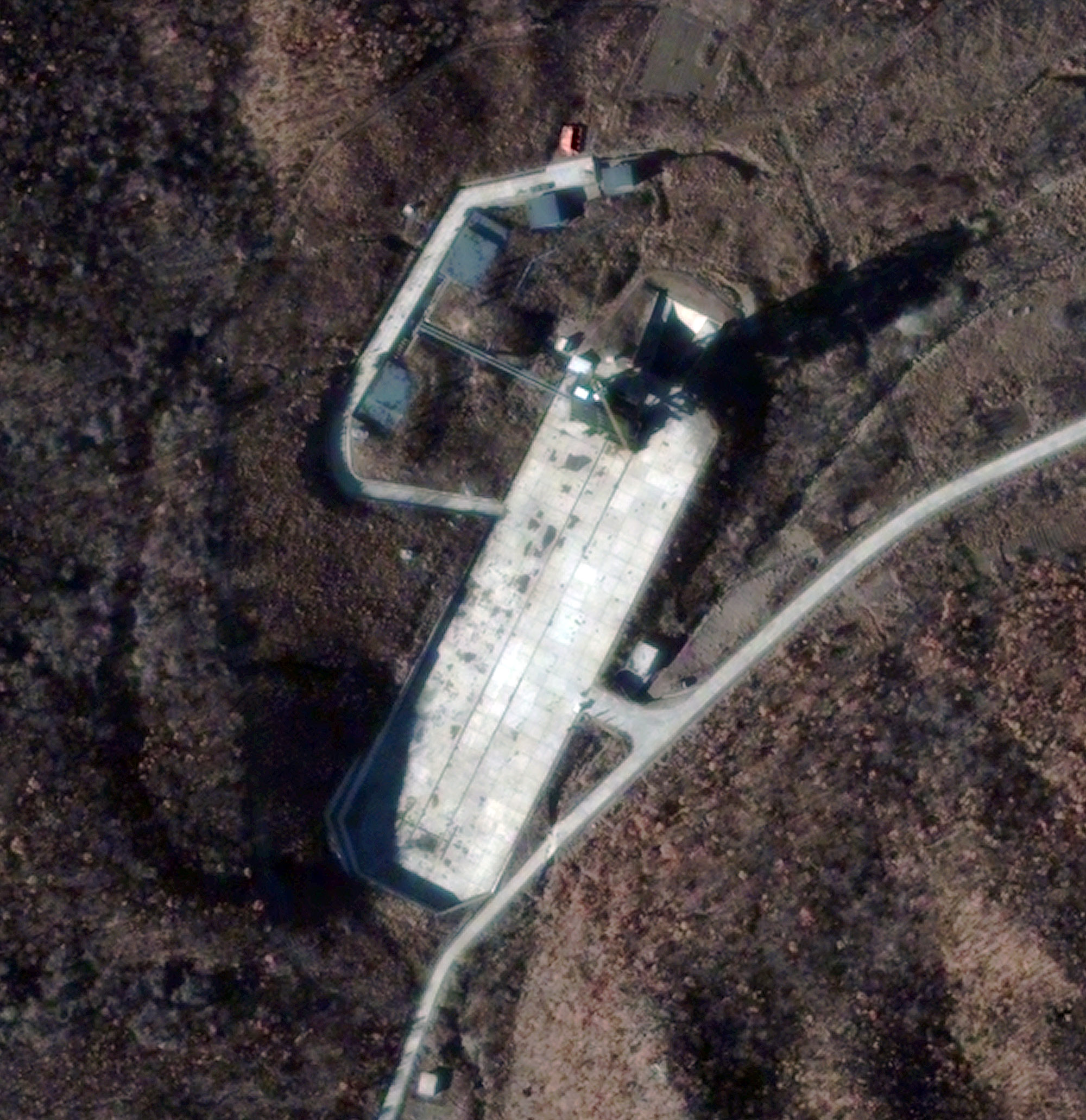North Korea Successfully Launches Satellite: Reports

North Korea apparently succeeded in placing a satellite in Earth orbit after a Wednesday morning (Dec. 12) launch that is already drawing condemnation from the United States and other Western nations.
North Korea launched its long-range Unha-3 rocket at 9:49 a.m. Wednesday local time (7:49 p.m. EST on Tuesday) from Sohae Satellite Launch Station on the nation's northwest coast. North Korean officials declared the launch a success shortly thereafter, claiming that the Unha-3 had delivered a scientific satellite to orbit as planned.
The rogue nation has a history of making such claims even after failed liftoffs, but it appears to be telling the truth this time.
"Initial indications are that the missile deployed an object that appeared to achieve orbit," the North American Aerospace Defense Command, a joint U.S.-Canadian effort, said in a statement. "At no time was the missile or the resultant debris a threat to North America."
If it was indeed successful, the launch would end a string of rocket mishaps for North Korea. A satellite launch this past April failed shortly after liftoff, and similar attempts in 1998 and 2009 also flopped.
These past blastoffs drew condemnation from the United States, South Korea and other nations, which viewed them as thinly disguised missile tests. North Korea is an unpredictable, nuclear-armed regime, and the West is concerned about any advances the country may make in its weapon-delivery capabilities.
Wednesday's launch has already elicited a strong reaction. The White House called it a "highly provocative act that threatens regional security," and United Nations Secretary-General Ban Ki-moon declared it a "clear violation" of a UN resolution, the BBC reported.
Get the Space.com Newsletter
Breaking space news, the latest updates on rocket launches, skywatching events and more!
While North Korea had announced its intention to launch the Unha-3 soon, Wednesday's liftoff comes as a bit of a surprise. On Monday (Dec. 10), officials extended the launch window until Dec. 29, saying that engineers were working through a technical issue with the rocket.
Follow SPACE.com on Twitter @Spacedotcom. We're also on Facebook & Google+.
Join our Space Forums to keep talking space on the latest missions, night sky and more! And if you have a news tip, correction or comment, let us know at: community@space.com.

Space.com is the premier source of space exploration, innovation and astronomy news, chronicling (and celebrating) humanity's ongoing expansion across the final frontier. Originally founded in 1999, Space.com is, and always has been, the passion of writers and editors who are space fans and also trained journalists. Our current news team consists of Editor-in-Chief Tariq Malik; Editor Hanneke Weitering, Senior Space Writer Mike Wall; Senior Writer Meghan Bartels; Senior Writer Chelsea Gohd, Senior Writer Tereza Pultarova and Staff Writer Alexander Cox, focusing on e-commerce. Senior Producer Steve Spaleta oversees our space videos, with Diana Whitcroft as our Social Media Editor.









